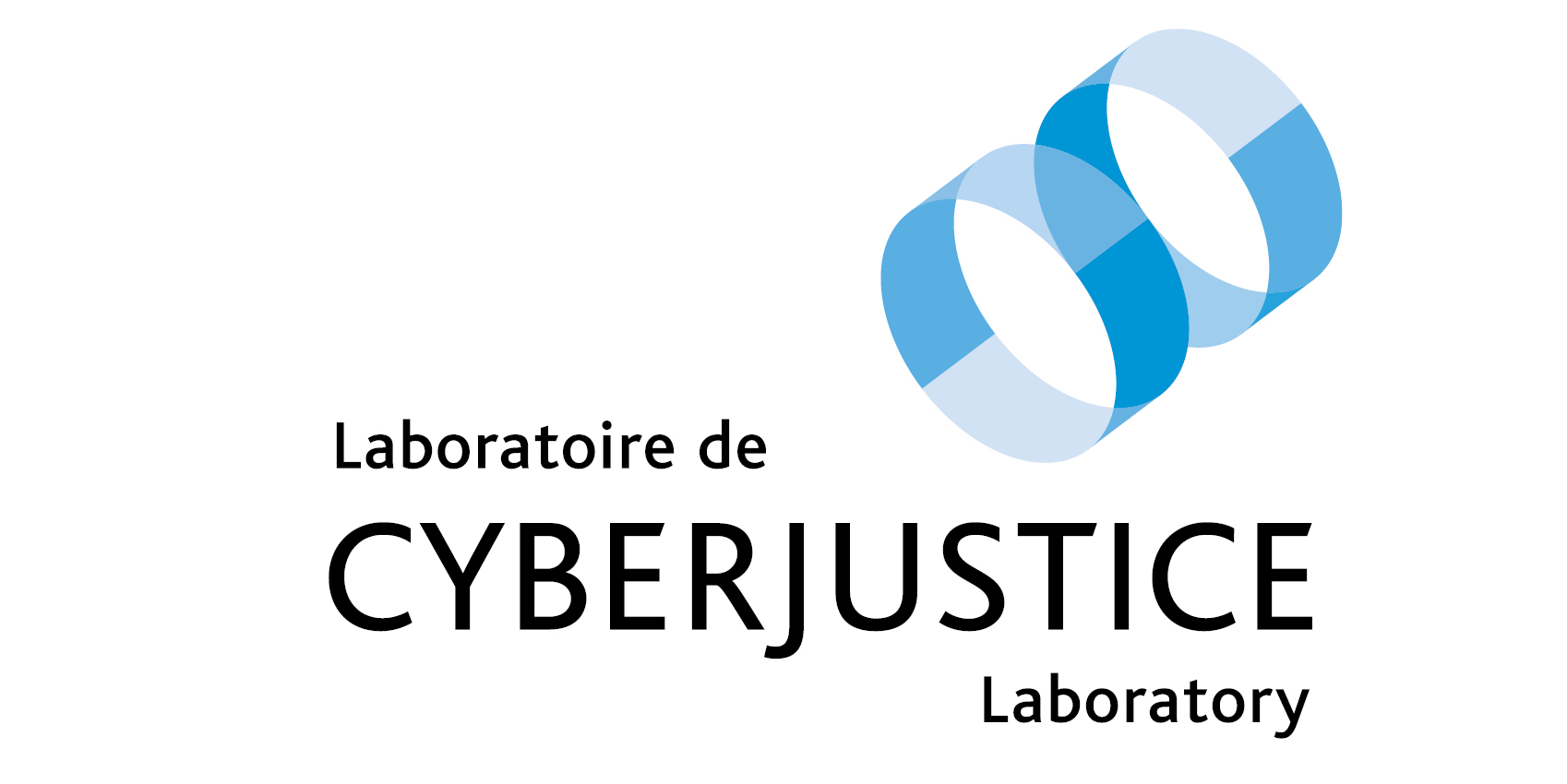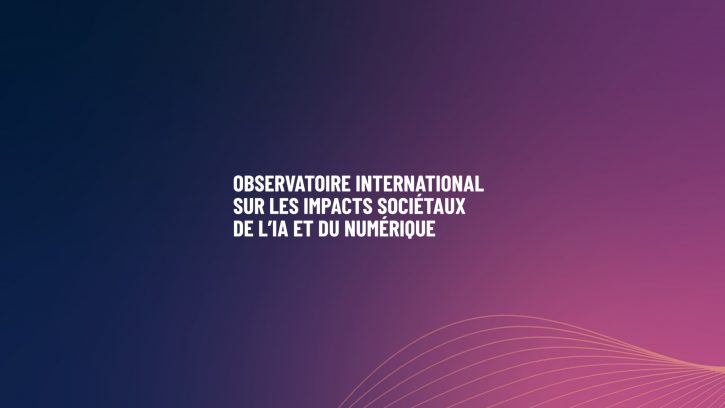News | Page 14
News
Artificial Intelligence and the Law in Canada
Florian Martin-Bariteau and Teresa Scassa - law professors at the University of Ottawa - highlight the structural transformation of our society through the contribution of artificial intelligence and question how existing legal frameworks can or should adapt to this new technology. The book will be available in early 2021 in print, electronic and QuickLaw versions. […] Read more
News
Abeona-ENS-OBVIA Chair | Call for Contribution for a Collective Book
This collective book is part of the work of the Abeona-ENS-OBVIA Chair and will aim to propose a renewed and multidisciplinary reflection on the issues of artificial intelligence uses from a social justice perspective. The book will assemble around 20 texts from researchers from all disciplines. As an indication, these texts could address the following […] Read more
Featured News
Revue Lex Electronica | Dossier spécial : droit algorithmique
11/17/2020 Karim Benyekhlef
This paper is only available in French. Avant propos Le Laboratoire de cyberjustice a débuté en 2017 le projet droit algorithmique et la migration des normes juridiques dans les dispositifs techniques : concept, études de cas et perspectives, sous la direction des professeurs Karim Benyekhlef de l’Université de Montréal et de Benoît Frydman de l’Université […] Read more
Upcoming events News
Regulating (Artificial) Intelligence in Justice: Normative Frameworks and the Risks Related to AI in the Judiciary with Giampero Lupo
Giampero Lupo - ACT researcher - will propose within the framework of a series of online seminars by the SRPP a web conference entitled "Regulating (Artificial) Intelligence in Justice: Normative Frameworks and the Risks Related to AI in the Judiciary " within the framework of the seminar "Normalizing Normativity (AI and Justice)" that will take […] Read more
News
LaPresse | Villes numériques : les technologies de l'information pour faire face aux grands défis urbains
In this article published by LaPresse, Ryad Titah — professor at HEC Montréal and ACT researcher — offers his expertise on digital cities, which improve the quality of life of their occupants, but raise concerns about the protection of their privacy. Devant les enjeux de mobilité, d'urbanisme et même d'administration, les villes qui se démarquent […] Read more
News
Report | To Surveil and Predict : A Human Rights Analysis of Algorithmic Policing in Canada
This report written by Kate Robertson—criminal defence lawyer and Citizen Lab research fellow—Cynthia Khoo—Citizen Lab research fellow and technology and human rights lawyer—and Yolanda Song,—lawyer at Stevenson Whelton LLP and pro bono research associate at the IHRP—examines algorithmic technologies that are designed for use in criminal law enforcement systems and the human rights implications of […] Read more
News
Tribune de Karim Benyekhlef et Valentin Callipel |Algorithmes et Justice : une prudente avancée
10/01/2020 Karim Benyekhlef
Karim Benyekhlef — director of the Cyberjustice Laboratory — and Valentin Callipel — head of mission at the Laboratory — highlight in an article published by Business & Legal Forum For Ethics & Performance on the challenges of algorithms in the justice domain. Il est peu de dire que la nouvelle frontière de l’intelligence […] Read more
News
American Bar Association | Online Dispute Resolution in the United States
The American Bar Association's Center for Innovation provides statistics and information in this report regarding the extent of Court-Annexed Online Dispute Resolution (ODR) in the United States as it existed as of the end of 2019. "At the end of 2019, there are 66 active sites of court annexed ODR in 12 states. The […] Read more
News
Option consommateurs | Projet de loi n° 64 – Loi modernisant des dispositions législatives en matière de protection des renseignements personnels (mémoire d’Option consommateurs)
In a press release Option consommateurs - a non-profit association - supports Bill 64 on the protection of personal information by inviting the Québec government to adopt it. Nevertheless, in its brief submitted to the National Assembly, the association calls for doubling the budget of the Commission d'accès à l'information (CAI). « La CAI […] Read more
News
OBVIA | Rapport: Les angles morts des réponses technologiques à la pandémie de COVID-19
Karine Gentelet—ACT researcher—and Alexandra Bahary-Dionne—PhD student—put forward in this report published by the International Observatory on the societal impacts of AI and digital technologies the blind spots of technological responses to the pandemic and their repercussions in terms of access to health care for marginalized populations. Cette recherche s’inscrit dans le cadre des travaux de […] Read more









